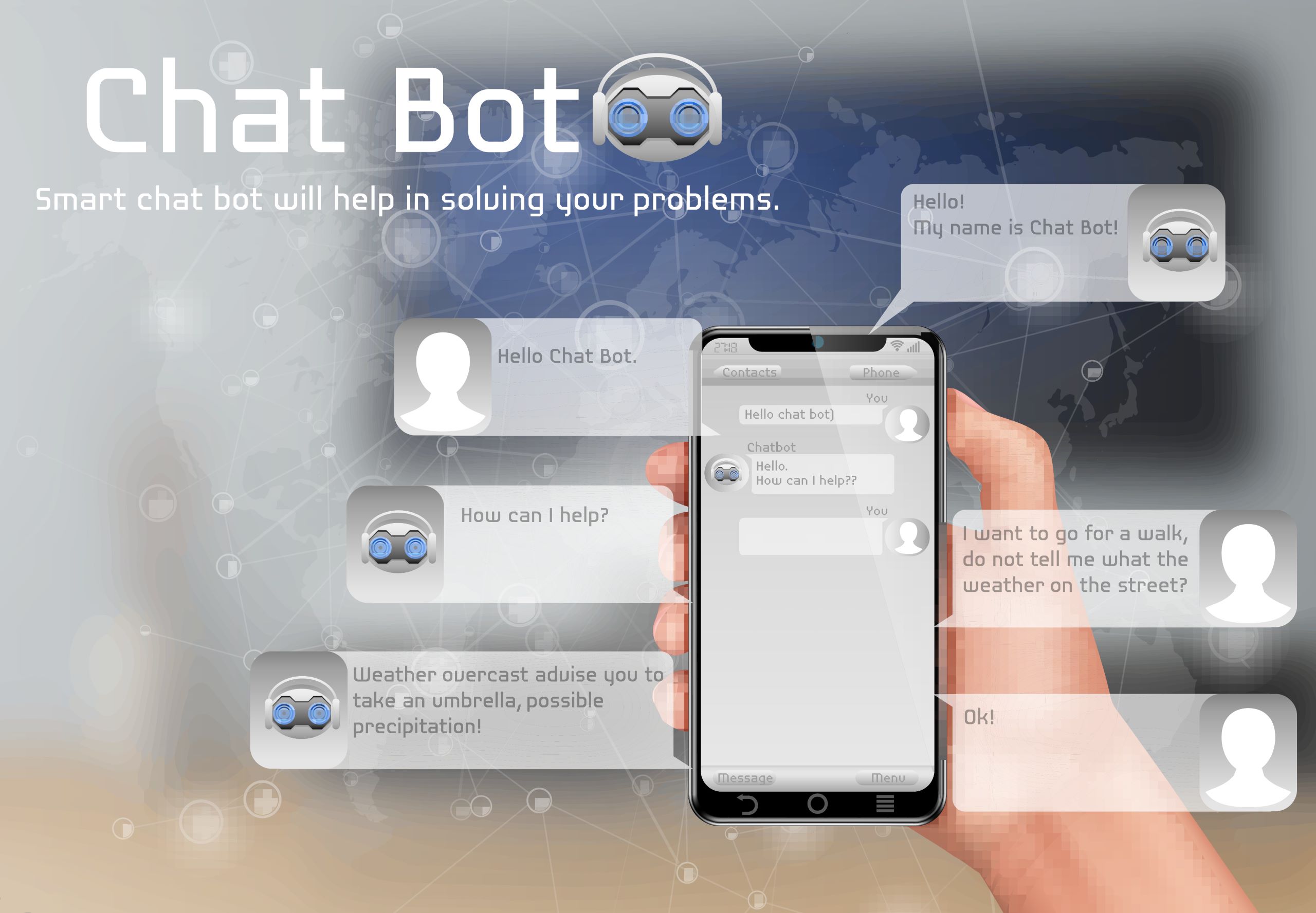Businesses are continuously searching for ways to provide seamless and personalized customer experiences (CX). Gone are the days when companies could rely on traditional customer service models to stay competitive. Customers expect faster responses, more personalized interactions, and easy-to-navigate platforms. However, delivering this kind of experience at scale can be challenging.
Artificial intelligence (AI) enables businesses to optimize their customer engagement strategies while maintaining high levels of efficiency. From chatbots that handle routine inquiries to AI-driven insights that predict customer behavior, these technologies are transforming how businesses interact with their customers. But with all this promise comes the challenge of implementation—companies must know how to properly leverage AI to reap its full benefits. This article will explore ten ways AI can transform how businesses engage customers and improve CX.
1. Personalization at Scale
One of the most powerful capabilities AI brings to customer engagement is the ability to personalize experiences at scale. With AI algorithms analyzing customer data in real time, businesses can provide tailored recommendations, content, and offers based on individual preferences and behaviors. This level of personalization helps brands create meaningful connections with customers, improving loyalty and retention.
For instance, AI segments customers based on purchase history, browsing behavior, and demographic data, offering each customer a unique experience without manual intervention. The efficiency this creates is unparalleled, allowing companies to serve thousands of customers with a high degree of personalization simultaneously. GenAI Studio is the next frontier in genAI-powered innovation, offering groundbreaking solutions that allow businesses to scale personalization efforts while maintaining the human touch.
2. Automated Customer Support with Chatbots
AI-powered chatbots are perhaps the most well-known application of AI in customer engagement. These bots can handle customer inquiries 24/7, providing quick answers to frequently asked questions and solving common issues. The real magic lies in their ability to learn from customer interactions, improving their responses over time and making them more effective as they process more queries.
Chatbots can reduce wait times, free up human agents for more complex tasks, and ensure customers receive assistance whenever they need it. Furthermore, they can be integrated across multiple channels, like websites, social media, and mobile apps, ensuring consistent and seamless customer support. In fact, chatbots are expected to become the primary customer service channel for roughly a quarter of organizations by 2027. This shift underscores the growing importance of AI-driven automation in enhancing customer engagement and ensuring that businesses remain responsive around the clock.
3. AI-Driven Insights for Better Decision-Making
AI helps businesses make data-driven decisions faster by analyzing vast amounts of customer data that would take humans days or even weeks to process. AI tools can uncover patterns in customer behavior, allowing companies to predict future needs, identify potential issues, and optimize engagement strategies.
For example, AI might reveal that a particular customer segment is more likely to purchase a product after receiving an email with personalized offers, enabling businesses to fine-tune their marketing campaigns. With AI, decision-making becomes more efficient, helping businesses stay one step ahead of customer expectations.
4. Enhanced Customer Journey Mapping
Understanding the customer journey is crucial to providing an exceptional CX. AI can track and analyze how customers interact with a business across different touchpoints, from initial website visits to post-purchase support. Businesses can identify pain points in the customer journey and make data-backed adjustments to improve the overall experience. AI can also help predict the next steps in the journey, enabling businesses to anticipate customer needs and offer proactive solutions, making interactions smoother and more enjoyable.
5. Predictive Analytics for Proactive Engagement
Predictive analytics powered by AI allows businesses to anticipate customer actions before they happen. AI predicts when a customer is likely to make a purchase, churn, or require support. This enables companies to take proactive steps to engage with customers, such as offering a discount to prevent churn or providing support before an issue escalates. Proactive engagement not only helps improve customer satisfaction but also strengthens brand loyalty, as customers feel valued and understood.
6. Voice Assistants for a Seamless Experience
Voice assistants, like Siri and Alexa, are now commonplace in homes, and businesses can capitalize on this trend to enhance CX. AI-powered voice assistants can help customers perform tasks such as checking order statuses, finding product information, and even making purchases—all through voice commands.
These assistants offer a hands-free, seamless experience that aligns with the rising demand for convenience in customer interactions. By integrating voice assistants into their customer engagement strategies, businesses can provide an intuitive and efficient service that sets them apart from the competition.
7. Sentiment Analysis for Better Customer Understanding
AI-driven sentiment analysis allows businesses to monitor and understand the emotions behind customer feedback. By analyzing text from social media, emails, or reviews, AI can determine whether customers feel positive, negative, or neutral about their experiences.
This insight enables businesses to address customer concerns more effectively, prioritize responses, and tailor their communication strategies based on real-time feedback. Companies ensure meeting customer needs and maintaining a positive brand image.
8. Hyper-Personalized Marketing Campaigns
AI can help businesses move beyond generic, one-size-fits-all marketing campaigns by creating hyper-personalized content for each customer. With AI analyzing customer preferences, behaviors, and buying history, businesses can deliver targeted ads, emails, and offers that resonate with individual customers.
9. AI-Powered Content Generation
In addition to creating personalized marketing campaigns, AI can also generate content for businesses, such as product descriptions, email content, and social media posts. AI-powered content generation tools can save businesses time and resources, enabling them to focus on more strategic tasks.
For instance, AI tools can create SEO-friendly content that boosts visibility and drives engagement, helping businesses stay competitive in a crowded digital landscape. The speed and accuracy of AI-generated content ensure that businesses can keep up with the demand for fresh, relevant material.
10. Improved Fraud Detection and Security
AI monitors patterns in real-time and can identify suspicious activities and flag potential security breaches before they cause harm. This proactive approach safeguards customer information and builds trust, as customers feel more confident engaging with a business that takes their security seriously.
Conclusion
AI transforms the way businesses engage with their customers. It offers opportunities to personalize experiences, streamline support, and improve decision-making processes. As customer expectations continue to rise, businesses that fail to adopt AI risk falling behind in the competitive marketplace. AI revolutionizes customer engagement strategies, assisting businesses create meaningful, lasting relationships with their customers.






